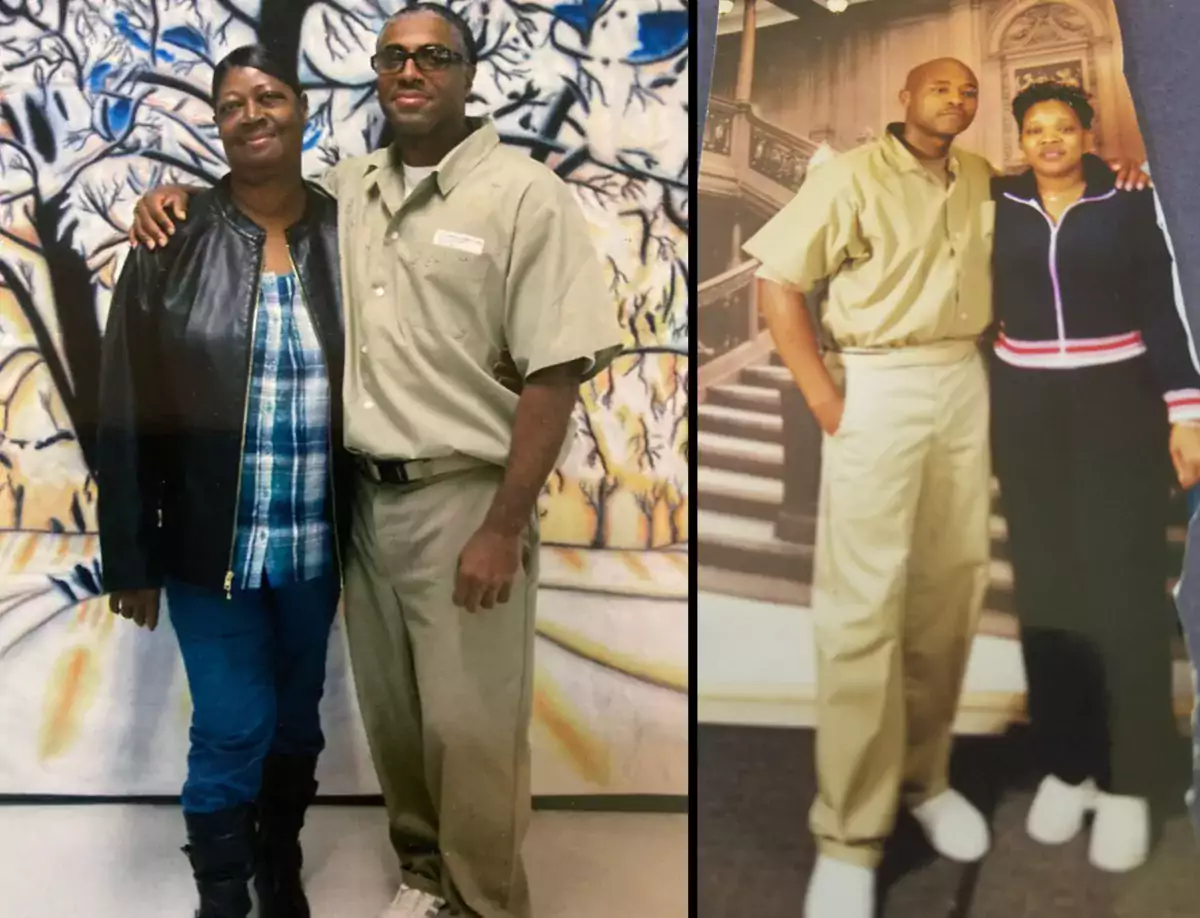- cross-posted to:
- aiop
- cross-posted to:
- aiop
When police arrested Richardson in 1998, he was facing the death penalty. Afraid of potentially putting his life in the hands of a white jury in the South, Richardson, who is Black, took a guilty plea for involuntary manslaughter and was sentenced to 10 years in state prison. Claiborne, who is also Black, took a plea deal on a misdemeanor charge, as an accessory to Richardson’s crime.
But after outcry over what Gibson’s family viewed as a lenient sentence, federal prosecutors brought additional charges against the pair, accusing them of selling crack cocaine and murdering a police officer during a drug deal gone wrong.
In 2001, Richardson and Claiborne went to trial in the federal case. A jury found them not guilty of Gibson’s murder, but guilty of selling crack. In an unusual move, federal judge Robert Payne sentenced Richardson and Claiborne to life in prison using “acquitted conduct sentencing,” a legal mechanism approved in a 1996 Supreme Court ruling, which allows judges to sentence defendants based on charges for which they were acquitted.
Archived at https://ghostarchive.org/archive/zjFXZ



It’s technically possible, but should never ever happen.
Normally a judge can overrule a guilty judgment as a matter of law, but some few jurisdictions allow a bench verdict, just shouldn’t be possible in combination with a jury verdict unless that was somehow invalidated.
Edit:
What. The. Fuck.
This is 90s drug war law, an appeal should destroy it, it’s basically patently unconstitutional under the 6th:
https://constitution.congress.gov/browse/essay/amdt6-4-1/ALDE_00013124/